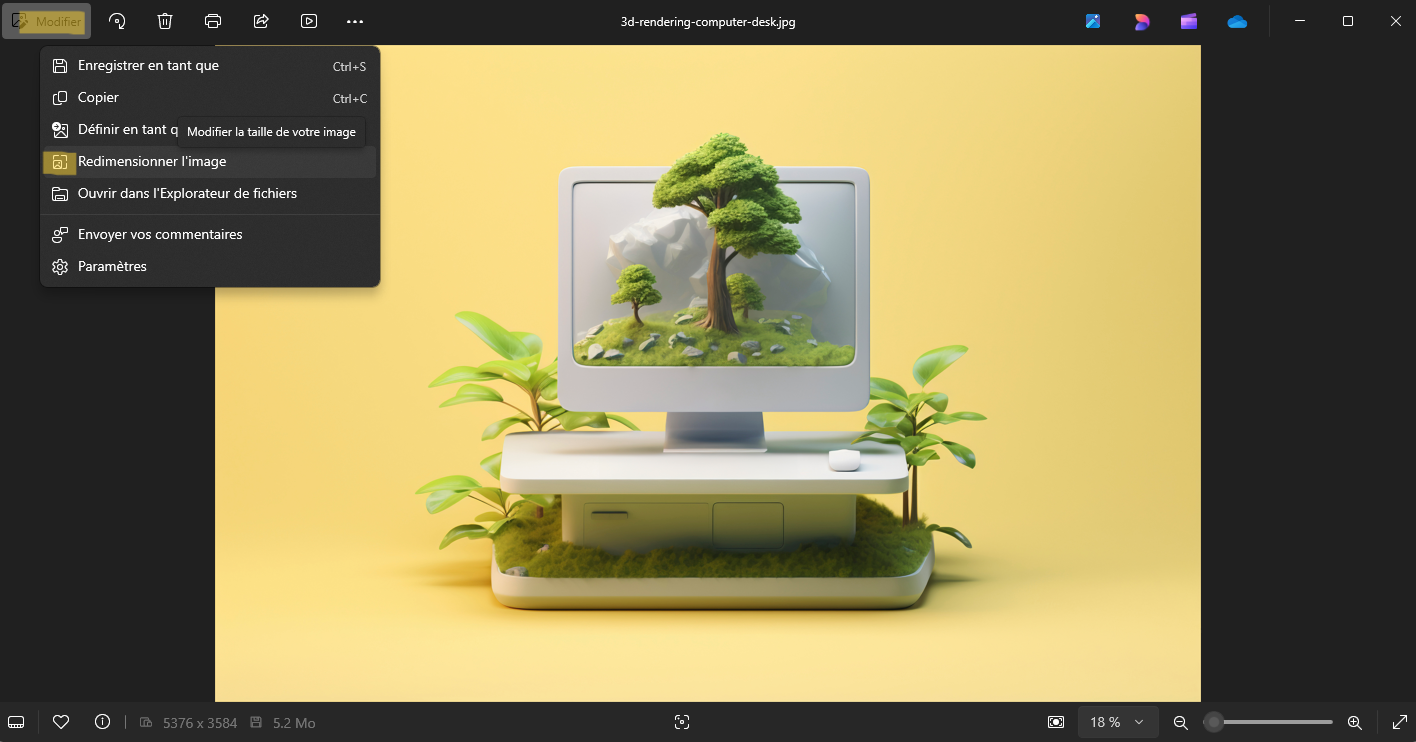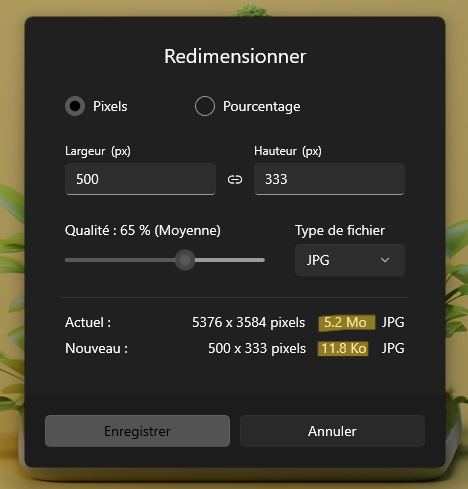Today, having an optimized website is not just about visibility or performance; it’s also an environmental commitment. Discover how maintaining and optimizing your WordPress site can turn it into a powerful asset that both converts and is eco-friendly.
The Current Situation of WordPress Sites WordPress powers a large part of the web, with 40% of websites operating on this platform. However, many of these sites do not receive the necessary updates or adequate optimization. Often, after the initial development, developers are only called upon to change minor information. Ideally, if the site is well-designed, the editor should be able to manage and update it easily without having to call their agency or freelancer just to change a phone number. Moreover, this negligence not only exposes these sites to security risks since the plugins are never up-to-date, but also affects their performance and ranking in search results. Even more alarming, a poorly optimized site can become an unsuspected energy pit. Do you know how many liters of water are needed to load a homepage?
Impacts of Optimization on SEO and Performance The loading speed of a website is a crucial factor for SEO. Google itself has confirmed that faster sites tend to rank better. An optimized site loads quickly, providing a better user experience and reducing bounce rates, which translates into better organic search rankings.
How to Optimize a WordPress Site? Optimizing a WordPress site might seem complex, but in reality, it relies on several key pillars:
- Limit unnecessary code: Opt for custom themes that meet your specific needs rather than premium themes that come loaded with multiple unnecessary resources.
- Image optimization: Use modern image formats like WebP and compress images without losing visual quality.
- Use of cache plugins: Tools like WP Rocket can significantly improve page loading speed by reducing server response time.
- Minification of resources: Reduce the weight of CSS, JavaScript, and HTML by eliminating unnecessary spaces, comments, and other superfluous elements.
- Reduction of HTTP requests: Limit the use of external fonts and scripts that increase loading time.
Optimizing Images to Speed Up Your WordPress Site Image optimization is crucial for improving the loading speed of your WordPress site and, by extension, your SEO and environmental impact. Unoptimized images can significantly slow down your site, increasing energy consumption with each page load. Fortunately, optimizing images is a task accessible to everyone, even with the classic Photo program:
- Resize the image: Open the image with the Windows Photos app, click the three dots in the upper right corner, then select ‘Resize’. You’ll have the option to choose from predefined dimensions or set custom dimensions. Reducing the image resolution can greatly decrease its file size.
- Adjust the image quality: After resizing the image, you can adjust its quality. Saving the image in JPEG format with a quality of 60-80% is often a good compromise between quality and file size.

Limiting Unnecessary Code: Custom vs. Premium Themes One often overlooked but crucial aspect of optimizing a WordPress site is managing the underlying code, particularly choosing between using a custom theme or a premium theme. While premium themes offer convenience and rich functionality, they can also significantly weigh down your site:
- Premium Themes: These themes are often attractive because they offer numerous integrated features and ready-to-use designs. However, they can come with excessive code that loads resources you don’t need, which can slow down your site. Additionally, they often include third-party plugins that require additional licenses to maintain updates and ensure security.
- Custom Themes: Opting for a theme developed specifically for your needs can significantly increase your site’s speed. A custom theme allows you to load only the necessary code for your site, avoiding the excessive use of JavaScript and CSS that can hinder performance. It also simplifies maintenance, as each component of the theme is designed to meet a specific need without relying on superfluous features.
Environmental Consequences of Under-Optimized Websites Every web request sent to a server consumes energy. Studies show that the digital industry is a significant energy consumer, contributing substantially to the global carbon footprint. Servers running at full throttle to compensate for poor site optimization can have a considerable environmental impact, in terms of greenhouse gases and water consumption. At Farweb, we are official partners of Infomaniak, a responsible host whose energy comes from 100% green sources and who offsets 200% of its greenhouse gas emissions.
Analysis and Diagnostic Tools To diagnose and analyze the effectiveness of your WordPress site, tools like Google PageSpeed Insights and Green IT (a Chrome extension linked to www.ecoindex.fr) are essential. These tools evaluate not only your site’s performance but also its environmental impact, helping you make informed decisions to reduce your digital ecological footprint. Do we really need 10 photos on this slider? Have we optimized the photos uploaded to the website? Once again, this is for the planet but also for your SEO and the ease of use of your website.
Maintenance and Optimization Solutions So, how do you optimize a WordPress site? We proceed by using effective cache plugins like WP Rocket, minifying images and scripts, and reducing calls to external resources. Adopting these good web development practices is not only beneficial for the environment and your wallet, but it’s also a crucial aspect of the professional and proactive management of your online presence. If tomorrow the American server hosting your font goes down, the entire look of your site will change. And how much will your agency or freelancer charge you to fix it? You might have a maintenance and/or assistance package; is this scenario covered? At Farweb, our WordPress assistance and maintenance packages offer clear pricing that can cover these situations.
Optimizing and maintaining your WordPress site is not a task to be taken lightly. Beyond improving performance and SEO, it’s a responsible act that minimizes the environmental impact of your online activity. For personalized advice and expertise in WordPress optimization, don’t hesitate to contact us.

